 W
WBernard Joseph Archard was an English actor who made numerous film and television appearances.
 W
WEric Austen was an English designer and teacher, and played a part in the creation of the well-known ND symbol, as used, among others, by the Campaign for Nuclear Disarmament (CND).
 W
WArthur John Bridgeman ARCA, FRBS, FRBSA was an English sculptor.
 W
WLeonard Joseph John Clark was an English countryside campaigner and civil servant. He was the last surviving member of the committee that led to the National Parks and Countryside Act in England and Wales being passed in 1949.
 W
WMaurice William Cranston was an English philosopher, professor and author. He served for many years as Professor of Political Science at the London School of Economics, and was also known for his popular publications. In the late 1970s and early 1980s he was Professor of Political Theory at the European University Institute in Florence (Italy).
 W
WRajani Palme Dutt, generally known as R. Palme Dutt, was a leading journalist and theoretician in the Communist Party of Great Britain.
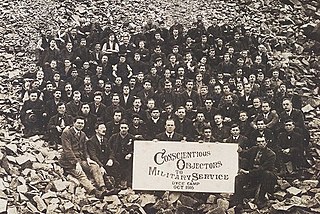 W
WDyce Work Camp was set up in August 1916 at quarries north-west of Aberdeen, Scotland, to accommodate conscientious objectors who had been in prison for refusing military service in World War I. These men, mostly from England, had been released on condition that they performed "work of national importance" – breaking up granite rock to produce stone for road building. The conditions in the tented camp near the village of Dyce were poor, exacerbated by the very wet weather, and one man died of pneumonia without receiving medical treatment. Following an inquiry and a debate in parliament, the camp was closed in October 1916, with the ministerial statement that it had always been intended to be only temporary.
 W
WRay Finch MBE, formally Alfred Raymond Finch, was a respected English studio potter. who worked at Winchcombe Pottery for a period spanning seventy five years.
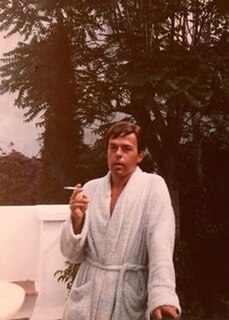 W
WKenneth Leith Halliwell was a British actor, writer and collagist. He was the mentor, boyfriend and murderer of playwright Joe Orton.
 W
WJohn Hooper Harvey was an English architectural historian, who specialised in writing on English Gothic architecture and architects. Paul Crossley has described him as "the most prolific and arguably the most influential writer on Gothic architecture in the post-war years". He made extensive use of archival sources, and is particularly remembered for having – through his study of Henry Yevele (1944), and his biographical dictionary of English Mediaeval Architects (1954) – helped dispel the myth that the architects of medieval buildings were anonymous figures of whom little could be discovered. He also published more generally on England in the later middle ages, and was a pioneer in the field of garden history.
 W
WJohn Eric Langdon-Davies MBE was a British author and journalist. He was a war correspondent during the Spanish Civil War and the Soviet-Finnish War. As a result of his experiences in Spain, he founded the Foster Parents' Scheme for refugee children in Spain, which is now a huge international organisation called Plan. He was awarded the MBE for services to the Home Guard.
 W
WDavid Andrew Leach OBE was an English studio potter and the elder son of Bernard Leach and Muriel Hoyle Leach, Bernard's first wife.
 W
WErnest Bertram Lloyd was an English naturalist, humanitarian, vegetarian and campaigner for animal rights. He was the founder of the National Society for the Abolition of Cruel Sports.
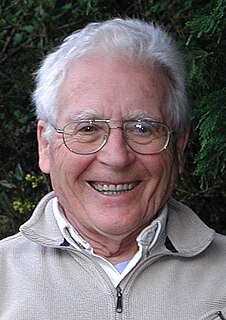 W
WJames Ephraim Lovelock, is an English independent scientist, environmentalist and futurist. He is best known for proposing the Gaia hypothesis, which postulates that the Earth functions as a self-regulating system.
 W
WArnold Lupton was a British Liberal Party Member of Parliament, academic, mining engineer and a managing director (collieries). He was jailed for pacifist activity during World War One.
 W
WJames Neville Mason was an English actor. He achieved considerable success in British cinema before becoming a star in Hollywood. He was the top box-office attraction in the UK in 1944 and 1945; his British films included The Seventh Veil (1945) and The Wicked Lady (1945). He starred in Odd Man Out (1947), the first recipient of the BAFTA Award for Best British Film.
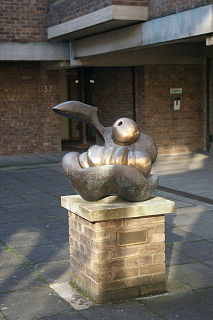 W
WBernard Meadows was a British modernist sculptor. Meadows was Henry Moore's first assistant; then part of the Geometry of Fear school, a loose-knit group of British sculptors whose prominence was established at the 1952 Venice Biennale; a Professor of Sculpture at the Royal College of Art for 20 years; and returned to assist Moore again in his last years.
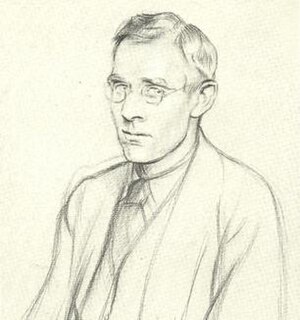 W
WStanley Morison was an influential British typographer, printing executive and historian of printing. Largely self-educated, he promoted higher standards in printing and an awareness of the best printing and typefaces of the past.
 W
WHarold Pinter was a British playwright, screenwriter, director and actor. A Nobel Prize winner, Pinter was one of the most influential modern British dramatists with a writing career that spanned more than 50 years. His best-known plays include The Birthday Party (1957), The Homecoming (1964), and Betrayal (1978), each of which he adapted for the screen. His screenplay adaptations of others' works include The Servant (1963), The Go-Between (1971), The French Lieutenant's Woman (1981), The Trial (1993), and Sleuth (2007). He also directed or acted in radio, stage, television, and film productions of his own and others' works.
 W
WDonald Henry Pleasence was an English actor. He began his career on stage in the West End before transitioning into a screen career, where he played numerous supporting and character roles including RAF Flight Lieutenant Colin Blythe in The Great Escape (1963), the villain Ernst Stavro Blofeld in the James Bond film You Only Live Twice (1967), SEN 5241 in THX 1138 (1971), and the deranged Clarence "Doc" Tydon in Wake in Fright (1971).
 W
WThe Richmond Sixteen were a group of "absolutist" British conscientious objectors during the First World War. Conscripted into the British Army in 1916, they refused to undertake even non-combatant military duties. Brought together at Richmond Castle, Yorkshire, most not knowing each other previously, they were transported to France, where they were court-martialled and formally sentenced to be executed by firing squad, but this sentence was immediately commuted to ten years' penal servitude. They were released in 1919.
 W
WJohn Rodker was an English writer, modernist poet, and publisher of modernist writers.
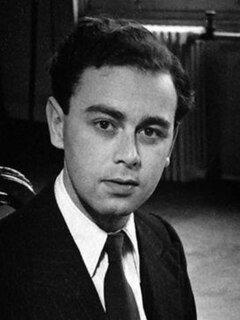 W
WRaymond Anthony Russell,, was a British organologist and antiquarian. He was an expert on early keyboard instruments, and assembled an important collection which now forms the Raymond Russell Collection of Early Keyboard Instruments of the University of Edinburgh.
 W
WThomas Daniel Smith was a British politician who was Leader of Newcastle City Council from 1960 to 1965. He was a prominent figure in the Labour Party in North East England, such that he was nicknamed Mr Newcastle.
 W
WWilliam Olaf Stapledon – known as Olaf Stapledon – was a British philosopher and author of science fiction. In 2014, he was inducted into the Science Fiction and Fantasy Hall of Fame.
 W
WJohn Samuel Tunnard was an English Modernist designer and painter. He was the cousin of landscape architect Christopher Tunnard.
 W
WDonald Watson was an English animal rights advocate who founded the Vegan Society.
 W
WSir Nicholas George Winton was a British banker and humanitarian who established an organisation to rescue children at risk from Nazi Germany. Born to German-Jewish parents who had emigrated to Britain at the beginning of the 20th century, Winton supervised the rescue of 669 children, most of them Jewish, from Czechoslovakia on the eve of World War II. Winton found homes for the children and arranged for their safe passage to Britain. This operation was later known as the Czech Kindertransport.
 W
WJon Linden Wynne-Tyson was an English author, publisher, Quaker, activist and pacifist, who founded Centaur Press in 1954. He ran Centaur Press from his home in Sussex and was a distinguished independent publisher. He authored books on animal rights and vegetarianism. At one time Wynne-Tyson held the title of "King of Redonda", a literary title referencing a small island.